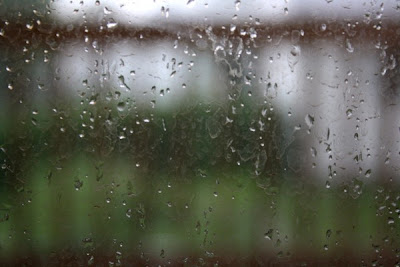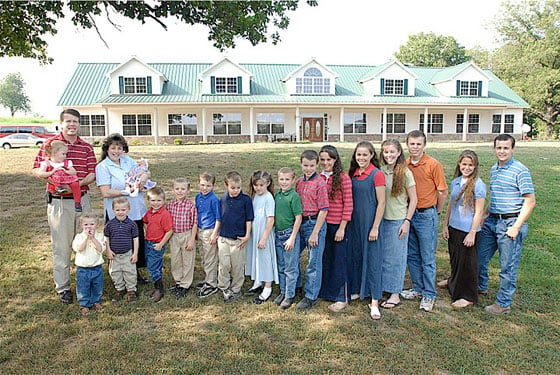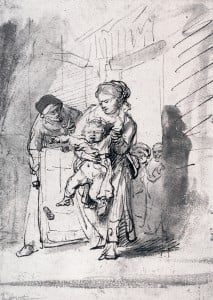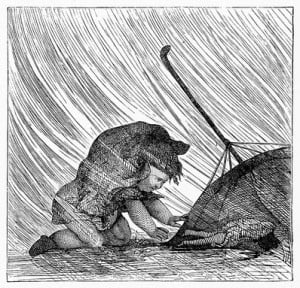Since I started out married life and motherhood in a very unhealthy pattern of doing it all and never taking the time to care for myself, I take parental self-care seriously. This is still a huge area of struggle for me. Despite my writing about taking care of health needs, making space in your life for doing the things you like, and spending time and money on yourself, I often feel guilty when I do those things.
That said, I am miles ahead of where I was! I actually buy the supplements I need, I am going to a counsellor regularly, I don’t feel guilty for taking time to shower anymore, and despite long wakeful nights with restless babies I’ve managed to snatch an extra hour of sleep in the morning since my husband has begun to get up with the kids when they wake up early.
And I am a better parent. When I feel good, when I care for myself, when I give myself an outlet for all the creativity that gets bottled up in my brain, I am a better parent. As I have started to learn how to love myself, I am better able to love others. In learning how to have compassion for myself, I am better able to have compassion for others. In learning how to respect myself, I am better able to respect others. And this includes my children.
And so I want to write again about a different aspect of this critical Gentle Parenting Tool, Parental Self Care.
Until two years ago, I insisted that I had an ideal childhood. I refused to see the pain and anger I had bottled up inside over inflicted wounds and denied opportunity. I felt that if I acknowledged I had been hurt, I would be betraying my parents. I was not ready to say they were wrong. And so I passed on my pain to my kids. I had every intention of being a good parent, I loved my babies and I wanted them to have an amazing life. But as I look back at those first few years, I was living in a haze of depression. I struggled to connect with my kids, I was angry, I was tired. I punished my very small children for little infractions and misunderstandings. I tried so hard to explain away all the confusion in my head.
I see the same pattern in my parents. They loved their kids. They wanted to be good parents. I know for a fact that my Dad wanted to be a better father than his dad. Even though my Dad has never talked about his childhood experience other than to say that it was “fine”, there were some changes that he took seriously. For example: My Grandfather swears like the sailor he was once upon a time, but I have little recollection of my father swearing. One time, while Dad was playing a video game and lost, a swear word slipped out, and then the game was put away for awhile. While my Grandpa yells quite often, I rarely remember my Dad truly raising his voice. I believe that my Dad was trying to change those behaviours because he knows the damage they did to him as a child, and yet he refuses to actually feel those feelings. In fact he insists that he doesn’t have any feelings. My Dad prided himself on the fact that he was never “angry”. I can only imagine that he must have meant that he rarely lost control of his actions? Because the rage lurking under his grim exterior was very obvious to all of us kids. He rarely expressed it openly, but his intense mood swings, sarcasm and perfectionism were all huge indicators.
My dad wanted to be better than his dad, but in the end he was only able to change some surface behaviours, never getting to the core of the problem. The same issues manifested in his own parenting, just differently. I believe this is because he refuses to recognize his own pain and anger. It’s all part of the denial game, if we don’t talk about it, that makes it better. If we refuse to acknowledge it, then it never happened. But it did happen. Whether my dad wants to admit it or not, his childhood hurt.
I remember my grandpa whipping of his belt when he got angry with us grandkids. It was terrifying. He never caught me, but how many times did he catch the little boy who was my dad?
My grandpa loves to tell the story of when my Dad (as a young child) did not take out the garbage. When my Dad went to bed that night he found the garbage bag ripped open and spread out in his bed as punishment. Another story I’ve heard from my Grandpa over and over, is the time my dad grew his hair a bit longer when he was in 8th grade, the ends of his hair were over his ears and starting to brush his collar and my grandpa told him to get it cut before his school pictures were taken that year. When Dad came home with the school pictures, (uncut hair and all) my grandpa flew into a rage and picked up my Dad by his hair and threw him across the room. Then he ripped up the pictures and threw them in the garbage, it’s the only school year missing from my dad’s childhood album.
If these are the parenting moments that my Grandpa brags about, what are the moments that he is ashamed of? I may never know, because my Dad won’t acknowledge any of it.
Emotional self-care, which may involve digging into your story, and feeling denied emotions for the first time may be scary. I know it was for me, and I tried as hard as I could to pretend that abuse in my background had never happened, or at the very least that none of it mattered. I told myself that I deserved it. I told myself that talking about it meant I was a wimp and a whiner. I told myself it could have been worse. I told myself that I needed to forgive and move on. And as long as I did those things, I crippled myself as a person, and I crippled myself as a parent. Experiencing the pain, and hurt and anger and sadness, and working through it, is healing me. I am finally free to be the parent I want to be. It is hard work to open your heart and feel all of that pain, but it is worth it.

















